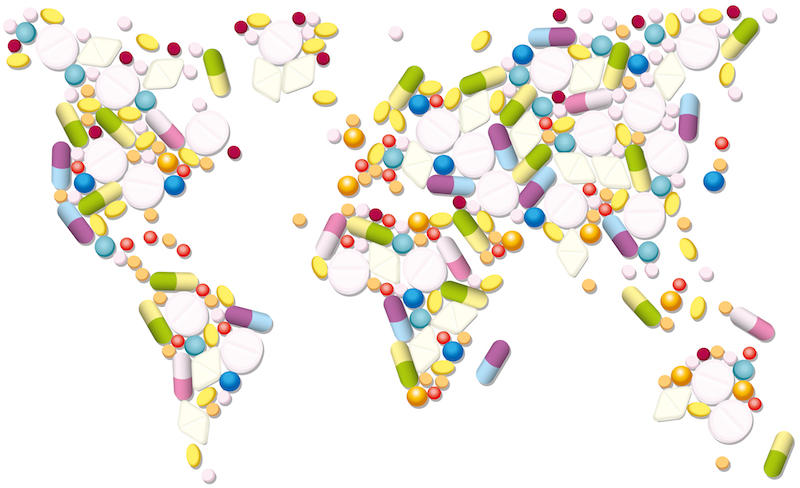Newsletter Signup - Under Article / In Page
"*" indicates required fields
The consulting firm’s annual financial report suggests pharma’s current model is not sustainable. The solution? Be more like biotech.
Pharma has had a rollercoaster of a year, from anxiety about the US election to stellar CAR-T results after patient deaths. Overall, however, the numbers have not been great, and a new report from the analysts at Deloitte drives the point home that pharma is in financial trouble. The revenues of the top 12 big pharmas have fallen so much this year that their ROIs are dwindling at 3.7%, down from 10.1% in 2010.
With pharma R&D returns continuing to fall, our analysis shows that the current model is not sustainable. What is clear is that fundamental change may no longer be an option, but a necessity for the industry.” Neil Lesser, Deloitte, co-author of the report.

Why the drop? Development costs are holding steady at $1.5Bn (€1.4Bn) per program, but the respective revenues have been down 11.4% year-on-year. Peaks sales are now $394M on average, and they can hardly be expected to increase in the current pricing environment since drug costs have become one of the most politicized issues of the year. Indeed, co-author Colin Terry notes that in this context, “the majority of companies are struggling to receive historical peak sales despite continuing to launch many new products.”
Deloitte faults pharmas’ focus on their own pipelines as they try to develop a new drug into a blockbuster and come up empty-handed; instead, says Deloitte, they should be focusing on external programs (that is, those of biotechs) that are more productive and bring better returns. John Carroll at Endpoints echoes this idea, “Smaller biotech groups simply do better than big pharma at R&D. And the big companies that stay focused on core diseases could do far better than companies that keep shifting R&D spotlights.”
The message to pharma in these reports is clear: the industry should learn from biotech and adapt accordingly if it wants to survive.
Images: kentoh, Peter Hermes Furian / shutterstock.com






